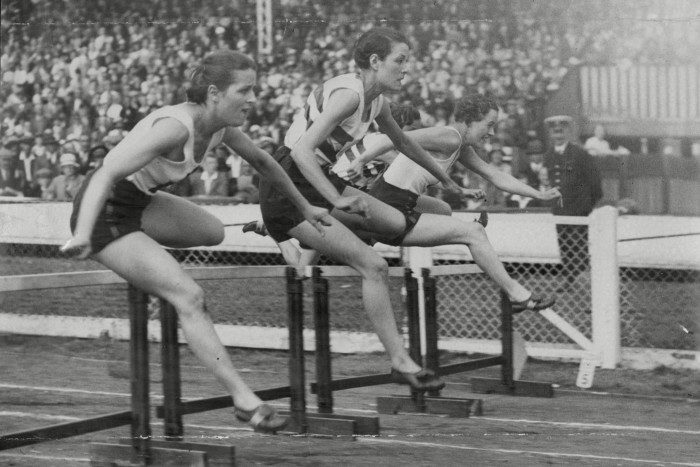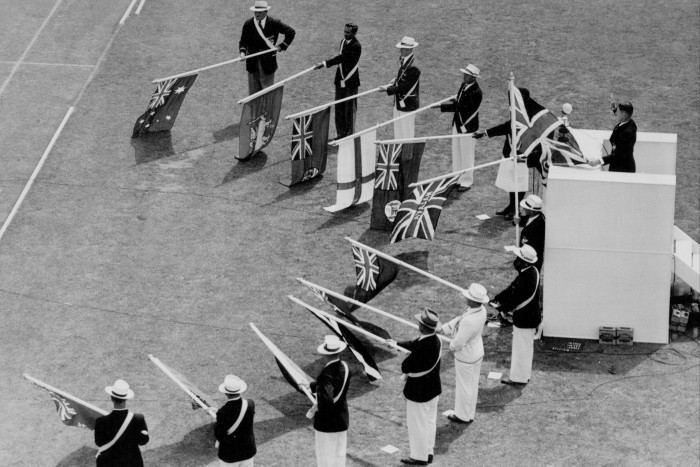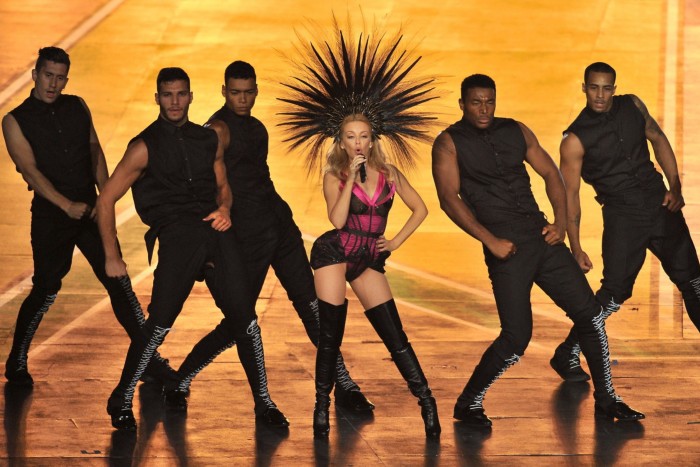
Glasgow’s plan to hold a slimmed down version of the Commonwealth Games in 2026 will help shape the future of the competition, according to a senior figure in the organisation, as the event battles to attract host cities.
Despite growing challenges, Ian Reid, chair of Commonwealth Games Scotland, told the Financial Times that the evidence, including ticket sales and social media interaction, does not point to a “dying event”.
Glasgow this week stepped in as host of the Games after the Australian state of Victoria withdrew last year due to surging costs. This followed Birmingham rescuing the 2022 Games after the South African city of Durban pulled out due to “financial constraints”.
The Commonwealth Games Federation is still searching for a host for 2030, which will mark the event’s centenary. Last year, Alberta scrapped its bid to host in 2030 due to cost concerns.
Reid, who was chief executive of Birmingham’s 2022 Games, said potential hosts for 2030 are “looking very closely” at Glasgow’s plans for a scaled-back event. The budget of about £114mn is a fraction of the billions of Australian dollars that Victoria had expected to spend.
Glasgow hosted the Games in 2014 and the 2026 edition won’t require UK public money, the Scottish government has said, largely thanks to compensation paid to CGF by the Victorian government, a luxury that future hosts will not enjoy.
But Reid said Glasgow’s ability to use existing facilities for a “more compact” event could mean that costs for future Games are “significantly reduced”.
“That’s the bit that’s attractive. Suddenly the battle to bring these Games to other countries is looking much more affordable,” Reid said.
The CGF has already established plans to attract new hosts, as the UK, Canada, Australia and New Zealand have held all but three editions of the event.


The Commonwealth Games, set up as the British Empire Games in 1930, tends to rely on public funds because generating commercial revenue is tough in an increasingly jammed sporting calendar. Sponsors and potential host cities can choose bigger, more global events, including the 2026 Fifa World Cup, due to take place across major cities in Canada, Mexico and the US.
Although some see it as a second-tier sporting event, supporters of the Games point to its ability to make a difference in cities or regions that do not have the infrastructure, scale or budget to host the Olympics or the World Cup.
But at a time of tight government finances, there is more scrutiny than ever of “the benefit to the host community”, said Verity Postlethwaite, a researcher at Loughborough University. “Empty promises of long term outcomes won’t wash any more.”
Postlethwaite pointed out, however, that the Games had “survived for just under 100 years” and weathered numerous sporting and political changes, including decolonisation. “I’d give them the benefit of the doubt they can transform again and find a movement and event fit for the current Commonwealth climate.”
Glasgow has less than two years to prepare for the return of the Commonwealth Games. The 2014 event was a memorable affair, with a spectacular closing ceremony at the Hampden Park football stadium featuring 2,000 performers, including Kylie Minogue. Prince Imran of Malaysia, then-CGF president, declared: “Glasgow, you were pure, dead brilliant.”

The 2014 Games cost £543mn, according to official data, with £425mn provided by the Scottish government and Glasgow City Council and the remaining £118mn from ticket sales and commercial sources. In eight years of preparations and delivery, the event contributed an estimated £740mn to the Scottish economy, £390mn of which boosted Glasgow.
The slimmed down version in 2026 will only have 10 sports at four venues across the city, including the compulsory disciplines of athletics, to be held at a track that is home to Glasgow Warriors rugby team, and swimming at a centre refurbished for the 2014 Games. The opening and closing ceremonies are also expected to be scaled back and there will be no athletes’ village.
Businesses are nonetheless excited about the expected fillip for a city that has only recovered slowly from the pandemic.
“The event offers a golden opportunity to showcase Scotland on an international stage, and for businesses, from the hospitality and logistics to retail sectors,” said Mags Simpson, interim director of CBI Scotland.
Stephen Montgomery, director of the Scottish Hospitality Group, said the Games would bring a “significant boost” to the economy.
“Glasgow hospitality firms were the hardest hit during the pandemic due to the city being locked down longer than any other,” he said. Train strikes and new low emission zones policies, as well as rising utilities costs and business rates policies, had dealt further blows. “The past few years have certainly been hard for the hospitality sector,” he added.